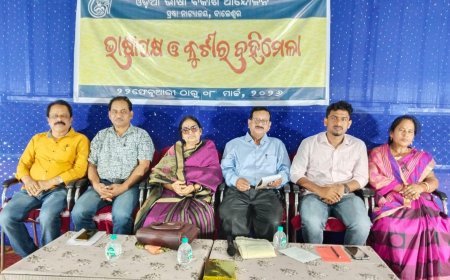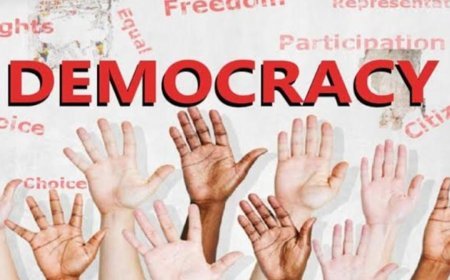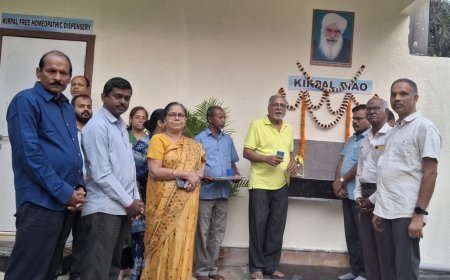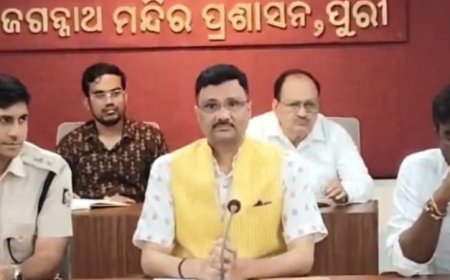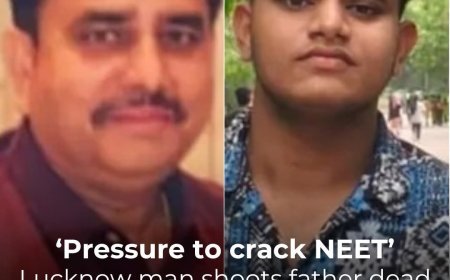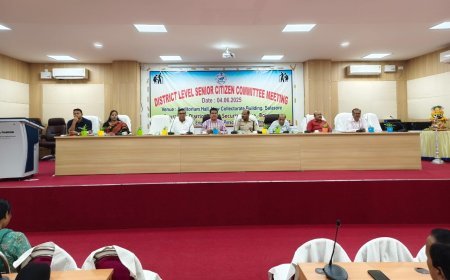Pahalgam: A Wake-Up Call, Not a Distraction
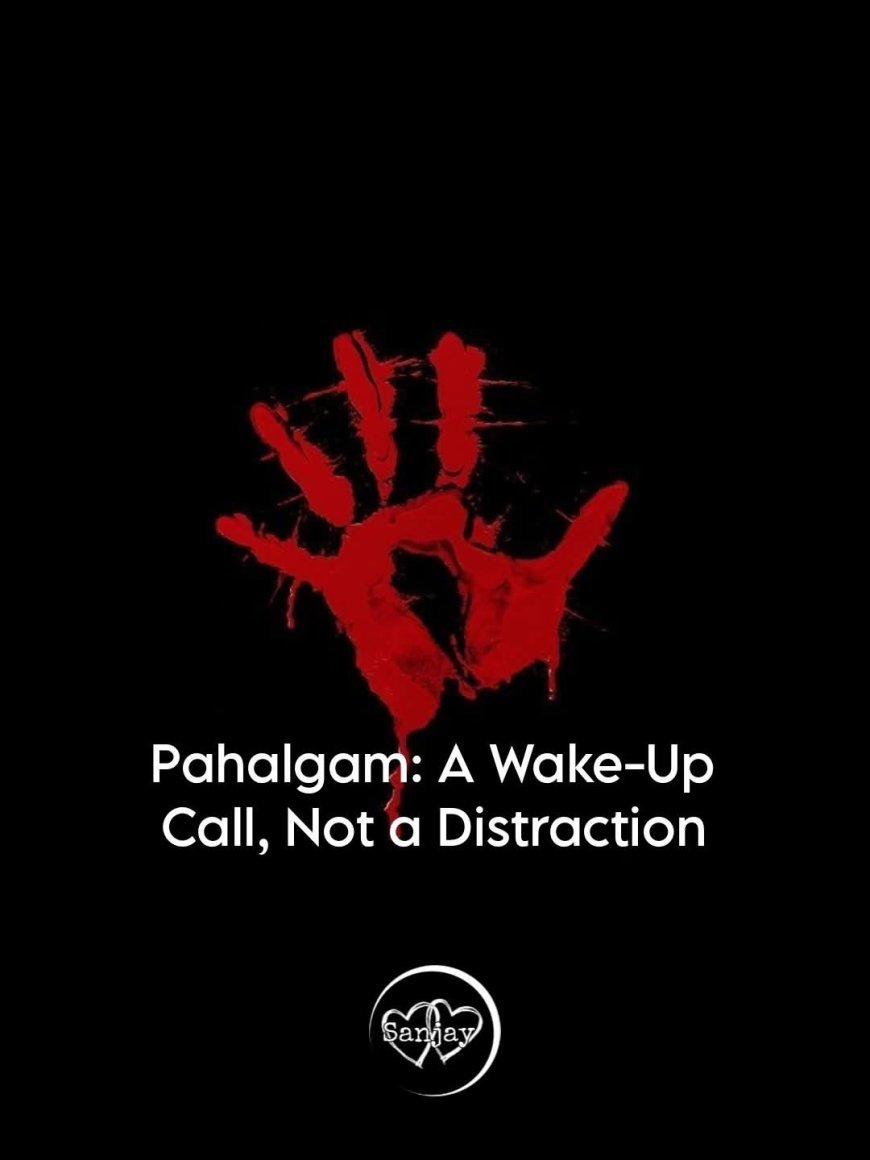
The recent terrorist attack in Pahalgam has shaken the conscience of the nation. Once again, innocent lives are lost, and the cycle of blame begins—across social media, in drawing rooms, and on television debates. As citizens of the world's largest democracy, we oscillate between pride and helplessness. Proud of our heritage and democratic structure, yet ashamed when that structure proves too weak to protect its own people.
In this emotionally charged environment, many fall prey to the so-called "WhatsApp University," where half-truths and twisted histories are served as facts. We’ve read a thousand forwarded messages condemning Aurangzeb as the cruelest emperor, who rose to power through bloodshed. Ironically, modern-day 'Aurangzebs' continue to thrive—wearing suits, delivering speeches, and pretending to protect national interest while their actions suggest otherwise. These masked figures orchestrate fear, manipulate sentiments, and sacrifice common people on the altar of political gain.
The Pahalgam attack is not just a tragedy; it is a glaring symptom of deeper rot. It is no coincidence that such incidents often emerge when burning national issues—like inflation, unemployment, corruption, and social unrest—begin to dominate public discourse. These events are strategically magnified or even manipulated to divert attention and silence dissent.
But let us not be fooled anymore. Every drop of innocent blood spilled must fuel our collective awareness. Democracy does not thrive on fear; it thrives on accountability. It is high time we, the people, rise above the smokescreen and ask the real questions. Who benefits from these tragedies? Why do intelligence lapses go unquestioned? Why does justice for victims remain slow or incomplete?
Pahalgam is not just a place of mourning—it should be a turning point. Let this not be another chapter in the book of distractions. Let it be a preface to people’s awakening.
The sooner we see through the tricks, the stronger we become.
Sanjay Pattnayak
Sundargarh








